How come Russia produces the least food waste per capita?
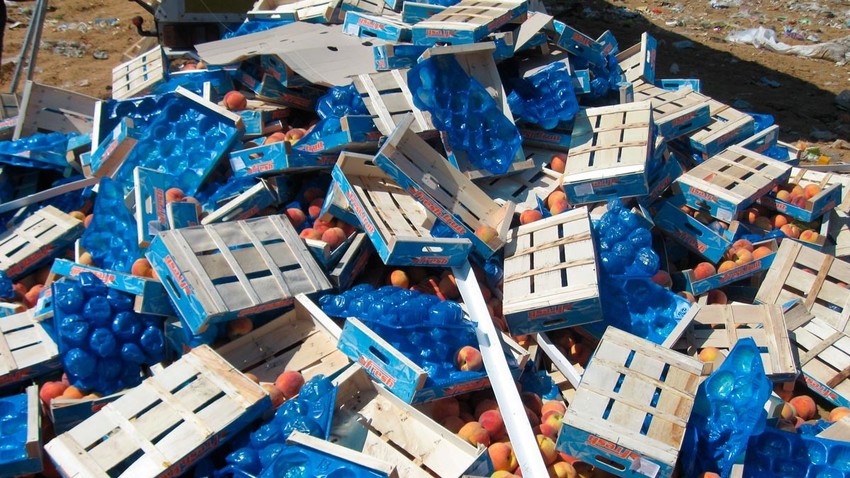
A batch of European sanction products (peaches) eliminated in the Bryansk Region
Kirill Pukhlyakov/SputnikA recent ranking compiled by Bosch looked at the countries that produce the most food waste every year. Greece (141.69 kg per capita), Bahrain (131.71) and Iraq (120.44) were the worst performers, while Russia proved to be the most resourceful nation (out of 99 countries surveyed) when it comes to household food waste, with only 33.38 kg per capita. Why is this so?
But first, why is throwing food away so bad for the environment?
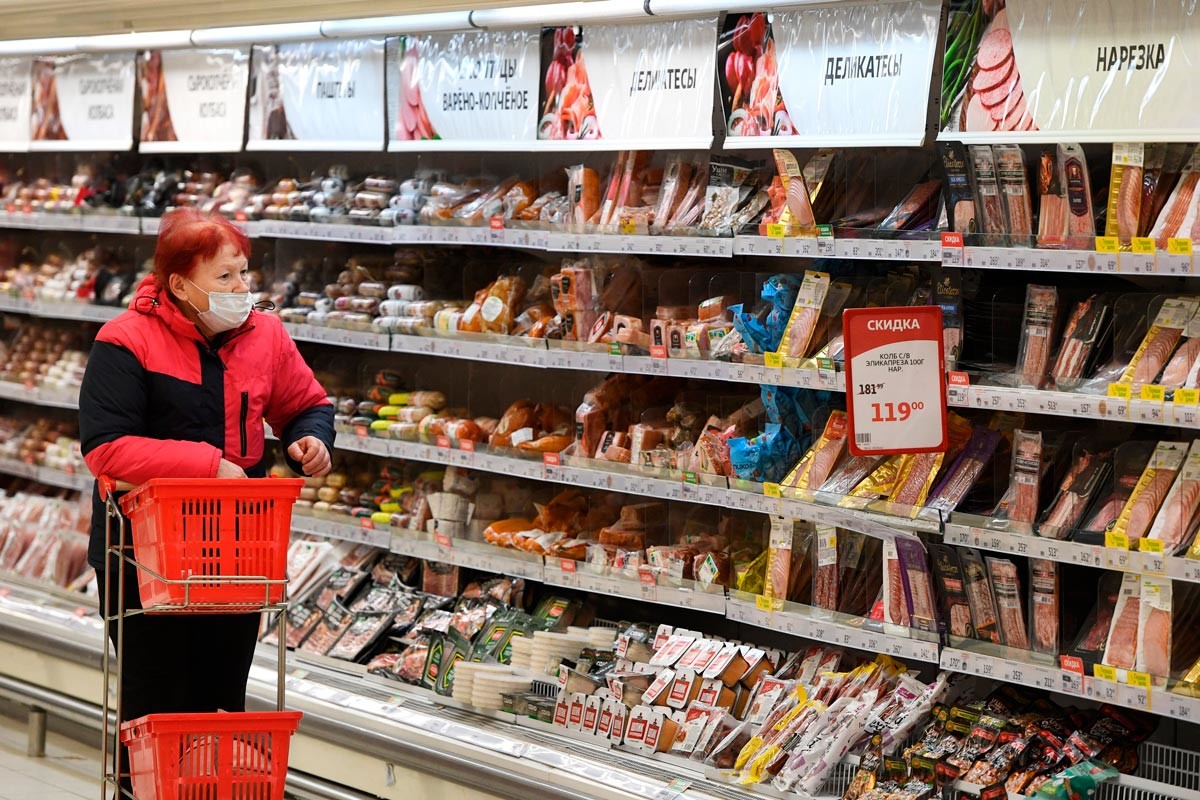
Auchan hypermarket in Novosibirsk
Alexander Kryazhev/SputnikWe all know that throwing food away is morally wrong when there is still so much hunger in the world. But, in recent years, another major concern about food waste has emerged: its environmental impact.
Food waste that ends up in landfills produces a large amount of methane as it rots away – a greenhouse gas that’s 80 times more powerful than CO2. And with agriculture accounting for 70% of the water used throughout the world, food waste also represents a great waste of freshwater and groundwater resources. Millions of gallons of oil are also wasted every year to produce and transport food that is not eaten.
How did Russia score so well in the ranking?
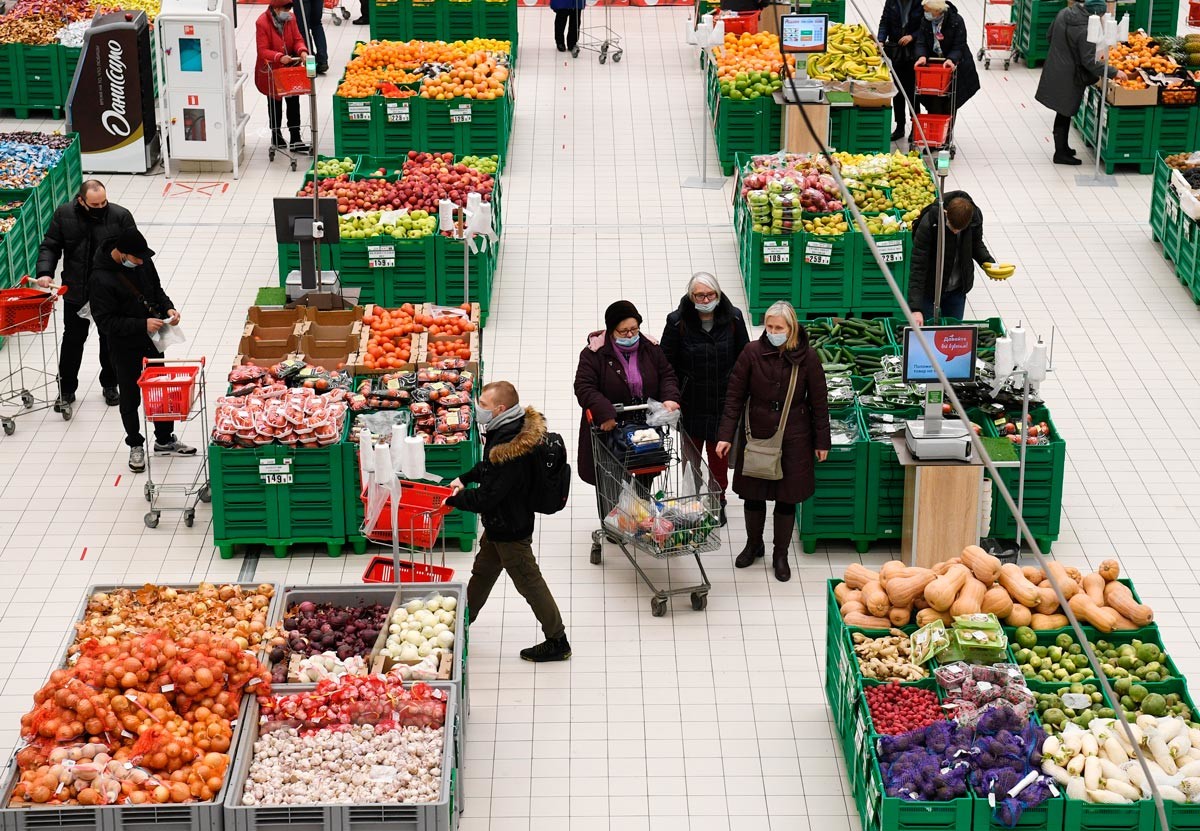
Auchan hypermarket in Novosibirsk
Alexander Kryazhev/SputnikWe spoke to experts who, initially, were quite surprised by the results of Bosch’s ranking.
“Wow, really? We’re shocked!” said Anna Balakhontseva from the eco-catering company Eda Spaset Mir (Food Will Save the World) when we approached her for comments.
Balakhontseva believes that, in theory, this may be the result of the legacy of the war years and the 1990s, a period marked by poverty and hunger in Russia. Today’s adults in Russia were brought up by people who had to economize on food.
“We inherited a lot of recipes from our babushkas for the ‘unobvious’ use of some products that can often be deemed inedible or not good for consumption,” Balakhontseva adds.
Anna Uspenskaya, founder of ‘Foodsharing Moscow’, agrees that the memory of wartime hunger is still fresh in many people’s minds and adds that in Russia – and the whole CIS region as a whole – living standards are not yet high enough for people to be able to afford the luxury of throwing food away.
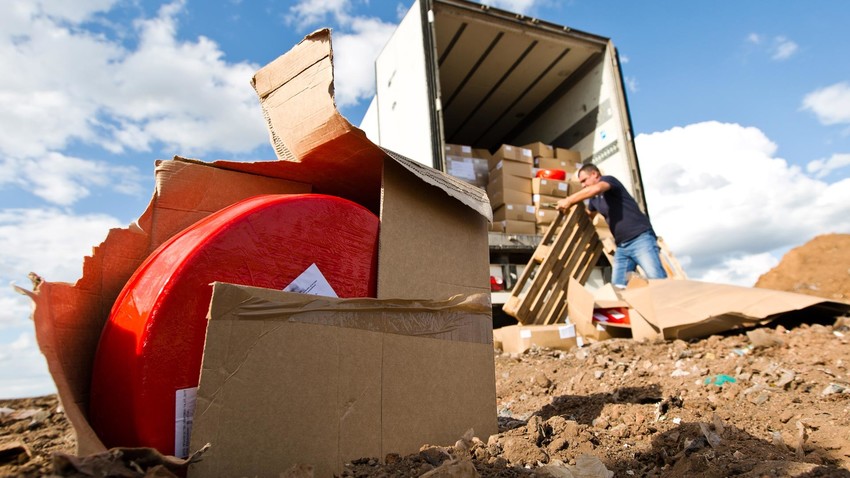
Disposing of banned EU food imports
Sergei Medvedev/TASSA study conducted by students of Moscow’s Higher School of Economics also points to factors like people equating throwing away food with throwing away money, a culture of viewing food as the result of someone’s labor (and, therefore, food waste is deemed disrespectful towards others’ efforts), a growing trend in ethical and sustainable consumption among the younger city dwellers, or Orthodox Christian values that see food as sacred.
Is the situation really as good as it seems?
Another reason that Balakhontseva sees behind Russia’s good performance in this ranking is bad statistics.
“To conduct proper research on Russia it’s important to visit every city and interview at least 100 people in each one of them. And what I’d like everyone to understand is that even if we do throw away less food in Russia, it’s still SO much,” Balakhontseva explains.
Perhaps, in comparison to other countries, Russia scored well, but that does not mean that it’s a model society in terms of avoiding food waste. About 884 million tons of produced food is thrown away annually in the world, 17 million of those tons come from Russia.
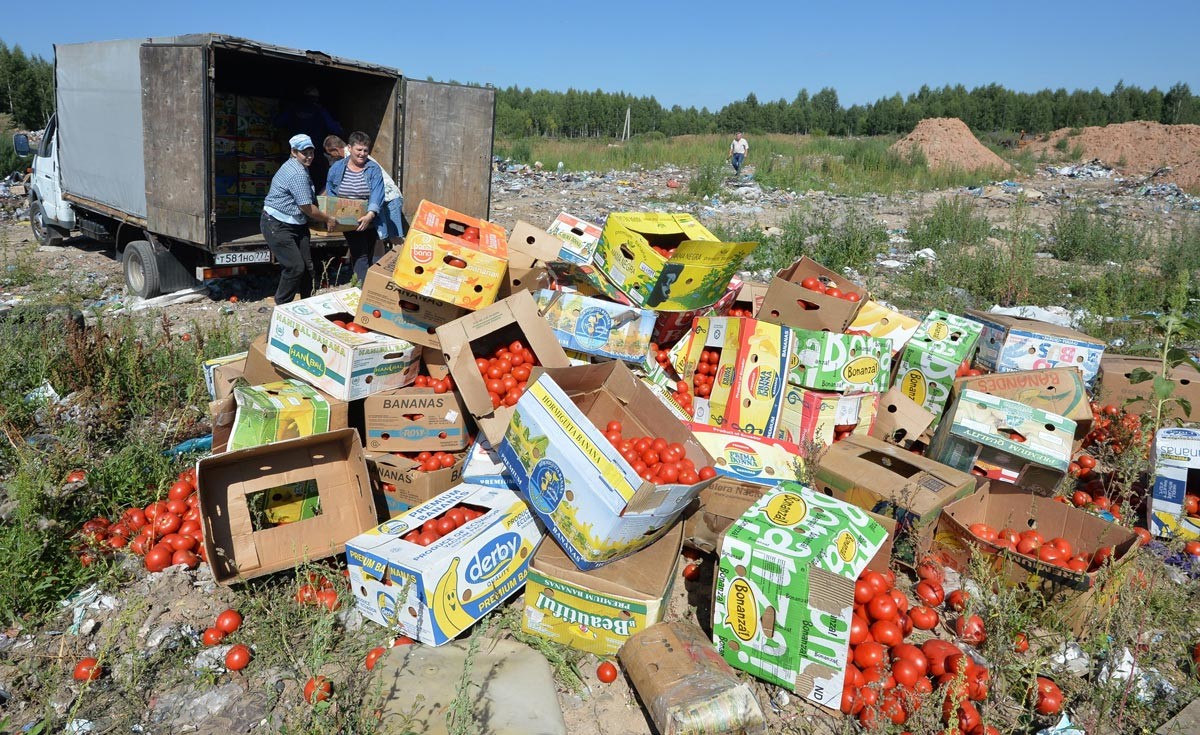
Banned tomatoes confiscated at the Russia-Belarus border are destroyed, Smolensk Region
Viktor Tolochko/SputnikAccording to a TIAR Center report on food waste, in Russia almost all of the thrown away food (94%) ends up in landfills, where it becomes a source of soil, water and air pollution. Some 2.4 million tons of methane are released, due to food waste in Russia, as well as other gases like ammonia and hydrogen sulphide. In addition to the environmental cost of food waste, discarded products cost Russia approximately 1.6 trillion rubles each year, or 30 million annual rations for an adult.
Next steps to fight food waste in Russia
Luckily, there are several things that both consumers and businesses can do.
“First of all, manufacturing companies and stores need to supply more products without packaging or with a minimum of packaging or using recyclable packaging. Stores should study how much of a certain product is most likely to be bought by consumers and, based on that, come up with a package size for different needs. Many products can be delivered to stores in a zero waste format, and stores in general need to strive to be as zero waste as possible,” Balakhontseva outlines.
Restaurants, another major culprit when it comes to food waste, can reduce their menus so as not to buy too many products and not to make too many preparations, as well as use less cling film and vacuum bags. Whatever food is left over can be distributed to food sharing services or to the employees of the establishment.
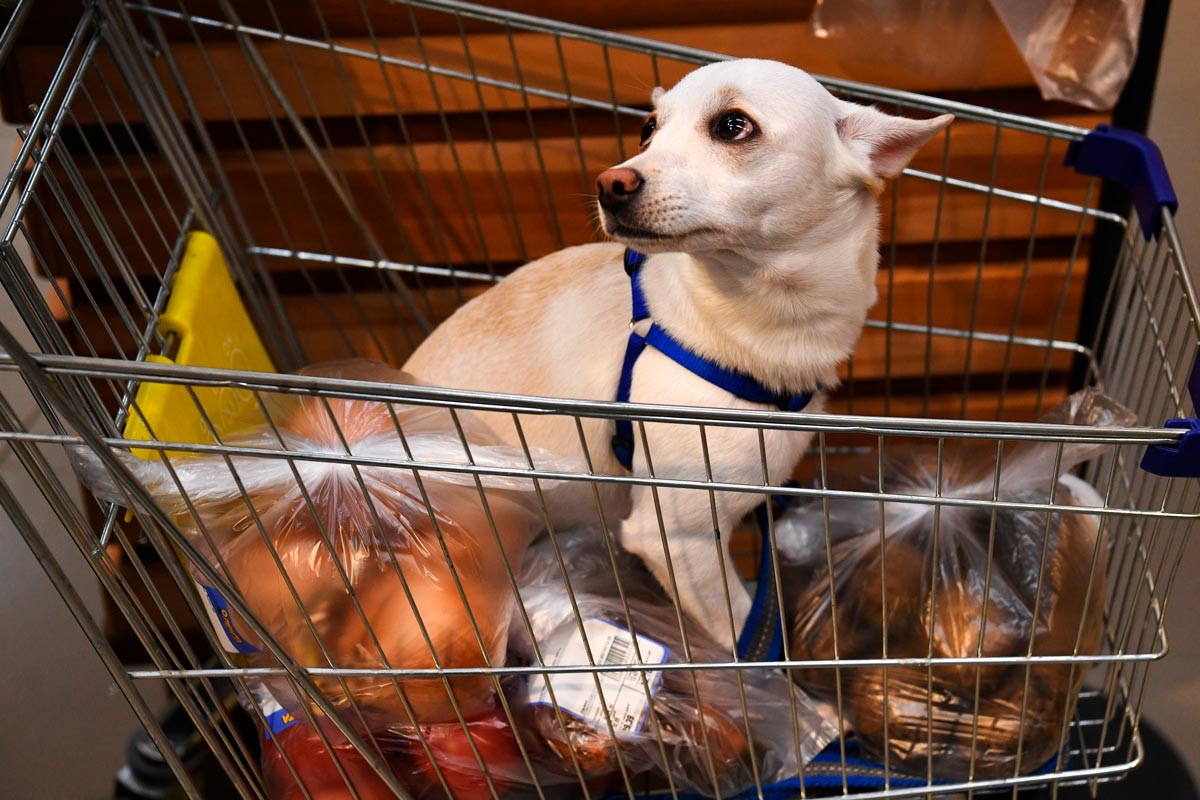
Bringing reusable containers to food stores can be really helpful
Alexander Kryazhev/SputnikAs for average consumers, Balakhontseva says they need to come up with a well thought through shopping list and actually stick to it when getting their groceries, in order to avoid buying too much. We should also bring our own reusable containers and, if possible, use those parts of the products that society has begun to throw away instead.
“It is important that as the national trauma of wartime famine slowly subsides and living standards improve, these causes [of smaller amounts of wasted food] are replaced by other more positive causes for not wasting food, such as the trend towards conscious consumption and environmental values. We can see such values emerging now, but mainly among young people living in large cities,” Uspenskaya concludes.
If using any of Russia Beyond's content, partly or in full, always provide an active hyperlink to the original material.
Subscribe
to our newsletter!
Get the week's best stories straight to your inbox